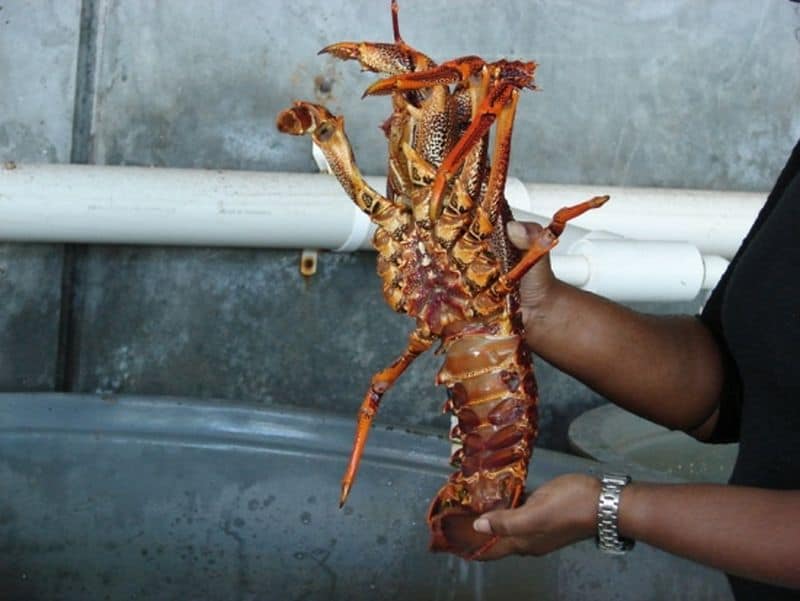The change in oceanic temperatures across the world, predicted as an outcome of climate change, will definitely affect marine organisms and thus influence the commercial fishing industry, the aquaculture industry and the food industry that relies on these organisms.
Several species, like the Tasmanian salmon, the Rock lobster, Abalones, the Barramundi, mud crabs and prawns are threatened, and industries dependent on these, will have to either come up with alternative plans or pack their bags!
This will come as a set back to the several fishing industries in Australia. It is a graver news for these amazing organisms, which have so much to offer in terms of diversity and information to the world. The rock lobster is carnivorous, and a filter feeder, and owing to its size and weight (3 kg – 10 kg) performs the role of cleaning up the ocean’s continental shelf and reefs. It also has several larval forms, which play essential roles in different ecosystems like deep waters and coasts. The Barramundi is a very large fish that travels between saltwater and freshwater environments. The abalones are giant sea snails and there are only about 100 species worldwide.
Scientists at CSIRO, an Australian National Science Agency, believe that climate change, which is causing warming of the oceans, is going to be detrimental for Australia’s industries which are dependent on the ocean ecosystems.
To survive, the only probable options these industries have would be to increase their dependence on aquaculture farms and hybridization techniques, set a supply limit and continue with only seasonal fishing.
Source: Abc


